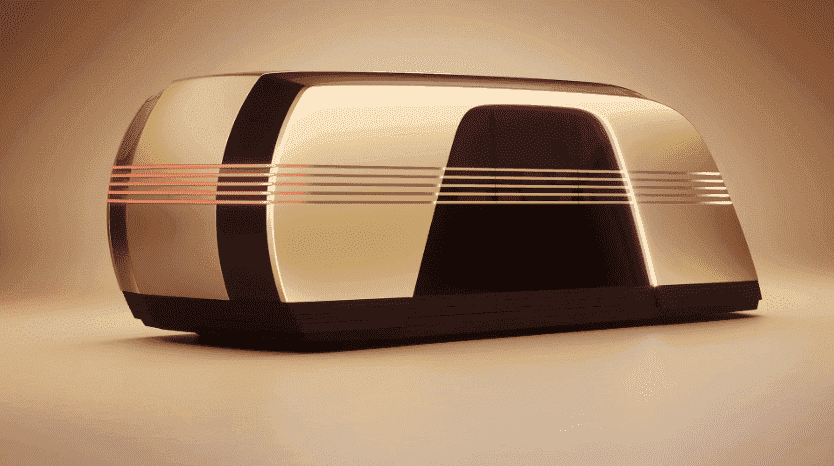
Crocheting has traditionally been a manual craft, known for its intricate designs and personalized touch. However, as technology has advanced, crochet machines have emerged as a tool to streamline the process, offering both efficiency and consistency. This review will explore the various aspects of crochet machines, including their benefits, how they work, and what to consider when purchasing one.
What is a crochet machine?
A crochet machine is a mechanical or computerized device designed to replicate the hand-crocheting process. These machines are capable of producing various crochet patterns, from simple stitches to more complex designs, at a much faster rate than manual crocheting. They are used in both industrial settings for mass production and by hobbyists for personal projects.
The Evolution of Crochet Machines
The first crochet machines were introduced in the 19th century, primarily for industrial use. These early models were rudimentary and could only produce basic patterns. Over time, advancements in technology have led to more sophisticated machines that can create intricate designs, with features such as programmable patterns, automatic tension control, and high-speed stitching.
Benefits of Using a Crochet Machine

- Efficiency: Crochet machines can produce large volumes of work in a fraction of the time it would take to do manually.
- Consistency: The quality of stitches is uniform, reducing the likelihood of errors or variations in the pattern.
- Versatility: Modern crochet machines can be programmed to create a wide range of patterns and designs.
- Cost-effectiveness: For large-scale production, crochet machines can significantly reduce labor costs.
How crochet machines work
Crochet machines use a series of needles and hooks to replicate the actions of hand-crocheting. The machine feeds the yarn through a series of loops and knots, creating stitches in a systematic manner. Some machines are fully automated, while others require manual input to guide the process.
Key Features to Look for in a Crochet Machine
- Stitch Variety: Look for a machine that offers a wide range of stitch options to suit different projects.
- Programmability: Machines with programmable features allow users to save and repeat patterns easily.
- Speed Control: Variable speed settings help in managing different types of yarn and projects.
- Durability: Consider the build quality and materials used in the machine, especially if it will be used frequently.
- Ease of Use: User-friendly interfaces and clear instructions make the machine easier to operate.
Top Crochet Machines on the Market
Several brands offer crochet machines with varying features. Some of the top models include:
- Brother KM-2500: Known for its versatility and ease of use, this machine is popular among hobbyists.
- Silver Reed SK280: A reliable choice for both beginners and professionals, offering a wide range of stitch patterns.
- Addi Express Kingsize: Ideal for larger projects, this machine is praised for its speed and efficiency.
Efficiency of Crochet Machines
Crochet machines are significantly more efficient than manual crocheting. They can produce hundreds of stitches per minute, making them ideal for large projects or commercial production. The speed and consistency of these machines reduce production time and increase output.
Quality of Output

While the quality of output can vary depending on the machine, most modern crochet machines produce high-quality, consistent results. The precision of machine-made stitches often surpasses that of hand-crocheted items, especially for complex patterns.
Cost Considerations
The cost of crochet machines can vary widely, depending on the features and brand. Basic models for home use may start around $100, while more advanced, industrial-grade machines can cost several thousand dollars. When considering cost, it’s important to factor in the potential savings in time and labor, as well as the machine’s durability and longevity.
Comparing Manual and Machine Crochet
- Time: Machines are much faster than hand-crocheting.
- Quality: Machines offer consistent stitch quality, while manual crochet allows for more creativity and personalization.
- Cost: Initial investment in a machine can be high, but it may be more cost-effective in the long run for large projects.
User Experiences and Reviews
Users of crochet machines generally report satisfaction with the speed and consistency these machines offer. However, some users miss the personal touch and creativity of manual crochet. Reviews suggest that while machines are excellent for repetitive tasks and large projects, hand-crocheting remains irreplaceable for those who enjoy the artistry of the craft.
How to Maintain Your Crochet Machine
Proper maintenance is essential to keep your crochet machine in good working order. Regularly clean the machine, especially the needle and hook areas, to prevent lint buildup. Lubricate moving parts as recommended by the manufacturer, and store the machine in a dry, dust-free environment.
Buying Guide for Crochet Machines
When purchasing a crochet machine, consider your needs, budget, and the types of projects you’ll be working on. Research different models, read user reviews, and if possible, try out a few machines before making a decision. Pay attention to warranty and customer support options, as these can be crucial if you encounter any issues.
Conclusion
Crochet machines are a valuable tool for those looking to increase the efficiency and consistency of their crochet projects. While the initial investment may be high, the benefits of speed, quality, and versatility make them a worthwhile consideration for both hobbyists and professionals. Whether you choose to use a machine or stick to manual crocheting, the art of crochet continues to thrive, blending tradition with modern technology.
FAQs
Q: Can crochet machines replace hand-crocheting?
A: While machines are efficient and consistent, they cannot fully replicate the creativity and personal touch of hand-crocheting.
Q: Are crochet machines difficult to use?
A: Most modern crochet machines are designed to be user-friendly, but there may be a learning curve, especially with more advanced models.
Q: What types of yarn can be used with a crochet machine?
A: Most crochet machines can handle a variety of yarns, but it’s


